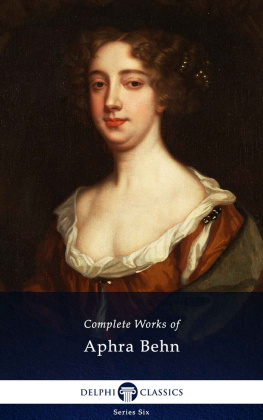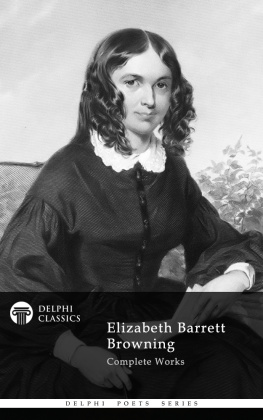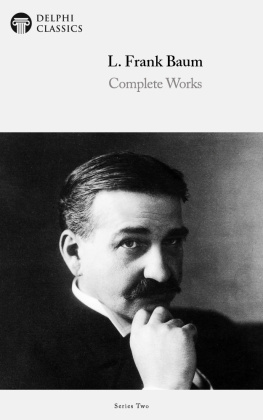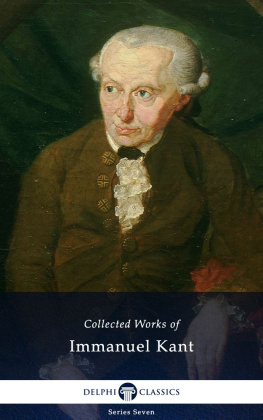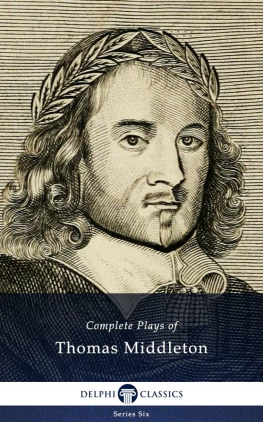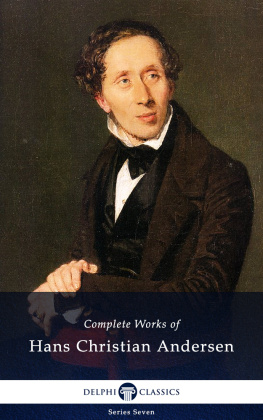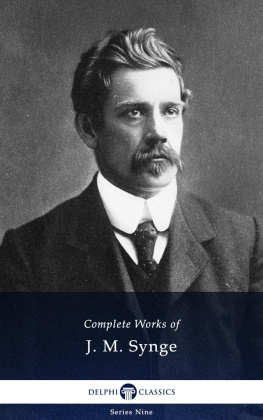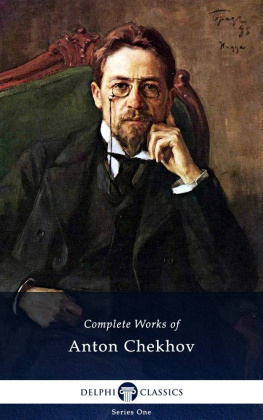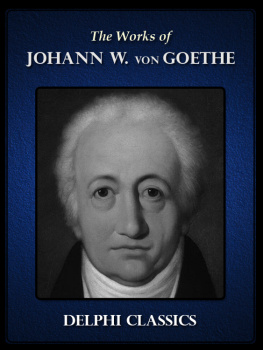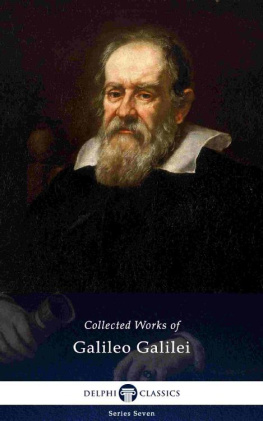The Complete Works of
APHRA BEHN
(c.16401689)
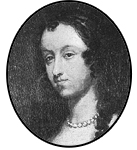
Contents

Delphi Classics 2016
Version 1
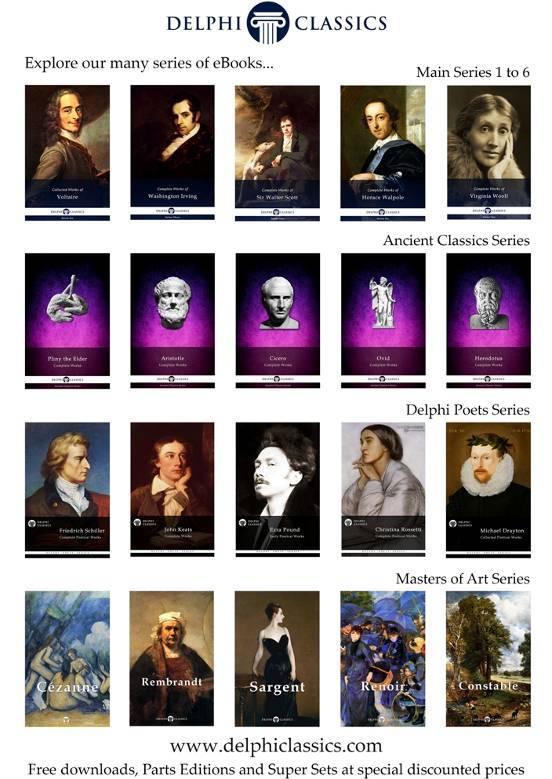
The Complete Works of
APHRA BEHN
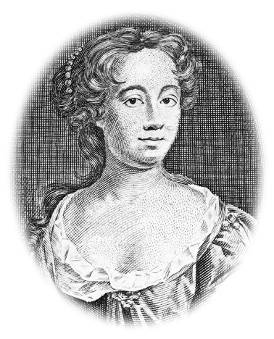
By Delphi Classics, 2016
COPYRIGHT
Complete Works of Aphra Behn
First published in the United Kingdom in 2016 by Delphi Classics.
Delphi Classics, 2016.
All rights reserved. No part of this publication may be reproduced, stored in a retrieval system, or transmitted, in any form or by any means, without the prior permission in writing of the publisher, nor be otherwise circulated in any form other than that in which it is published.
Delphi Classics
is an imprint of
Delphi Publishing Ltd
Hastings, East Sussex
United Kingdom
Contact: sales@delphiclassics.com
www.delphiclassics.com
Parts Edition Now Available!

Love reading Aphra Behn ?
Did you know you can now purchase the Delphi Classics Parts Edition of this author and enjoy all the novels, plays, non-fiction books and other works as individual eBooks? Now, you can select and read individual novels etc. and know precisely where you are in an eBook. You will also be able to manage space better on your eReading devices.

The Parts Edition is only available direct from the Delphi Classics website.
For more information about this exciting new format and to try free Parts Edition downloads , please visit this link .
The Plays

Behn was probably born in Canterbury c. 1640
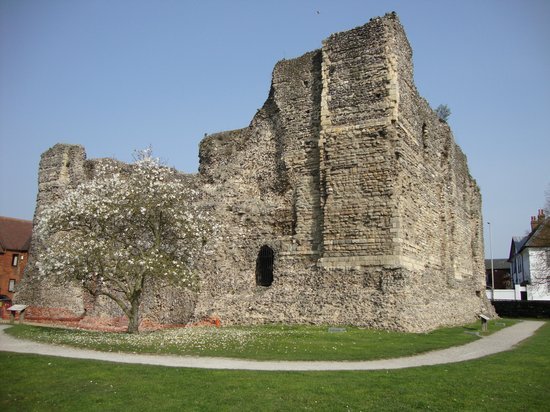
Remains of a Norman Castle in Canterbury
THE FORCD MARRIAGE

OR, THE JEALOUS BRIDEGROOM.
The Forcd Marriage was first staged by the Dukes Company on 20 September 1670 in Lincolns Inn Fields. The theatre troupe was chartered by King Charles II at the start of the Restoration period in 1660. There was an eighteen year period during the English Civil War and the Interregnum, when the theatres were closed. However, when Charles II ascended the throne he quickly reopened the theatres. The Dukes Company was initially managed by William Davenant, a prominent poet and playwright during the Caroline and Restoration period. He was a staunch royalist, fleeing to France in the mid 1640s, before being imprisoned in the Tower of London for a year in 1651. He continued to write during the Interregnum and published his epic poem Gondibert in 1652, while also converting a space in his home into a private theatre to perform his works. In late 1660, The Dukes Company, under Davenants management, was granted the exclusive rights from the King to ten Shakespeare plays. However, the rival Kings Company had access to far more stock from the English Renaissance Drama, so Davenant and then his successor, the actor Thomas Betterton, were compelled to stage work by new dramatists including Behn, John Dryden and George Etherege.
The Forcd Marriage begins with an old King rewarding the young warrior, Alicippus; the prize is the young and beautiful Erminia. However, she is in love with the Kings son, Prince Phillander, and she refuses to consummate the union with Alicippus. While Erminia initially manages to pacify him, the warrior later responds by brutally strangling her. He believes that he has killed her and demonstrates little remorse. Erminia is not dead but reappears in disguise and contrives to convince Alicippus that he is really in love with the Kings daughter, Galatea, while trying to ensure she is able to marry Phillander. The play is not as rich and complex as Behns later works, but it does highlight her interest in the function of marriage and its negative impact on the lives of women.
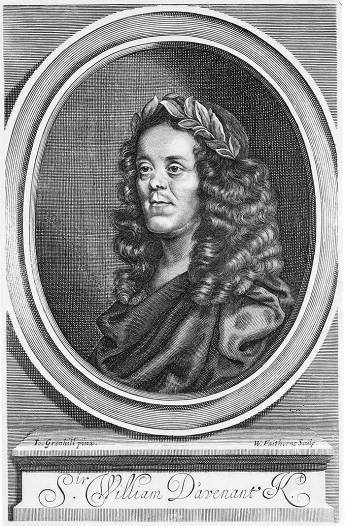
William Davenant was the original manager of the Dukes Company
CONTENTS
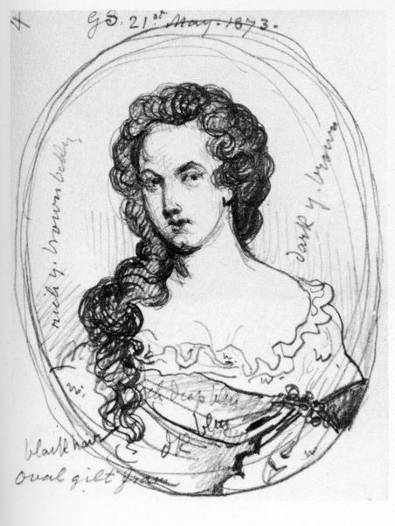
A sketch of Aphra Behn by George Scharf, from a portrait believed to be lost, 1873
ARGUMENT.
The King of France to reward his favourite Alcippus, at the motion of prince Philander, gladly assents to his being created general in place of old Orgulius, who seeks to resign his office, and further on his royal word pledges the new-made commander, Erminia, Orgulius daughter, in marriage. The lady, however, loves the dauphin, whilst the princess Galatea is enamoured of Alcippus. All three are plunged into despair, and the brother and sister knowing each others passion bemoan their hapless fate. The prince, indeed, threatens to kill Alcippus, upon which Galatea declares she will poniard Erminia. On the wedding night the bride confesses her love for Philander and refuses to admit Alcippus to her love. The dauphin at the same time serenades Erminia at her chamber door, but Pisaro, a friend to Alcippus, meeting him, there is a scuffle during which Alcander, the princes companion, wounds the intruder. The noise rouses Erminia who issues from her room and encounters Philander. Alcippus, seeing them together, mad with jealousy, attacks the prince. He is, however, beaten back and even wounded, and later his fury is inflamed by Pisaros tale, who also informs the favourite that Galatea, for whom the narrator cherishes a hopeless love, dotes fondly upon him. Erminia, now that she has been joined in wedlock with Alcippus, guards herself carefully from the dauphins passion, but when the general is obliged by his duties to leave for the camp Philander hopes to persuade her to yield to him. Alcippus, however, whose departure is a feint, returns secretly, leaving Pisaro to continue the journey alone. Isillia, Erminias woman, has already admitted Philander to her mistress chamber, when the lovers are surprised by the arrival of Alcippus on the scene. The prince is concealed, although the meeting had been purely innocent, but he is betrayed owing to the fact of his inadvertently leaving his hat and sword upon a table. He departs unmolested, but once he is gone Alcippus, beside himself with blind fury, strangles Erminia with an embroidered garter Pisaro, coming in a few moments after, reproaches him with the murder but hurries him away to concealment. The deed, however, is discovered and noised abroad by Falatius, a busy coxcomb courtier. Orgulius demands Alcippus life from the King, but Galatea, heart-broken, pleads for the man she loves. Philander is distraught with grief, and the King decides that if he harms himself Alcippus shall straightway pay the forfeit. The prince is about to wreak his vengeance on the cruel husband when he is met by Erminia herself, who, owing to her maids attentions, has recovered from the swoon Alcippus took for death. It is resolved that Alcippus, who is now torn with agony and remorse, must be fittingly punished, and accordingly as he lies sick at heart in his chamber Erminia enters as a spirit, and so looking over his shoulder into a mirror wherein he is gazing tells him plainly of Galateas love. The princess then passes by as it were a phantom, and after a masque, which he takes for a dream, he is conducted to a room draped in black wherein is placed a catafalque. Here he encounters Philander and as they are at hot words the King, who has been privy to the whole design, enters and the two are reconciled. Erminia next appears, and the happy accident explained, Erminia is bestowed upon the dauphin, whilst the princess is united to the favourite.
Next page
